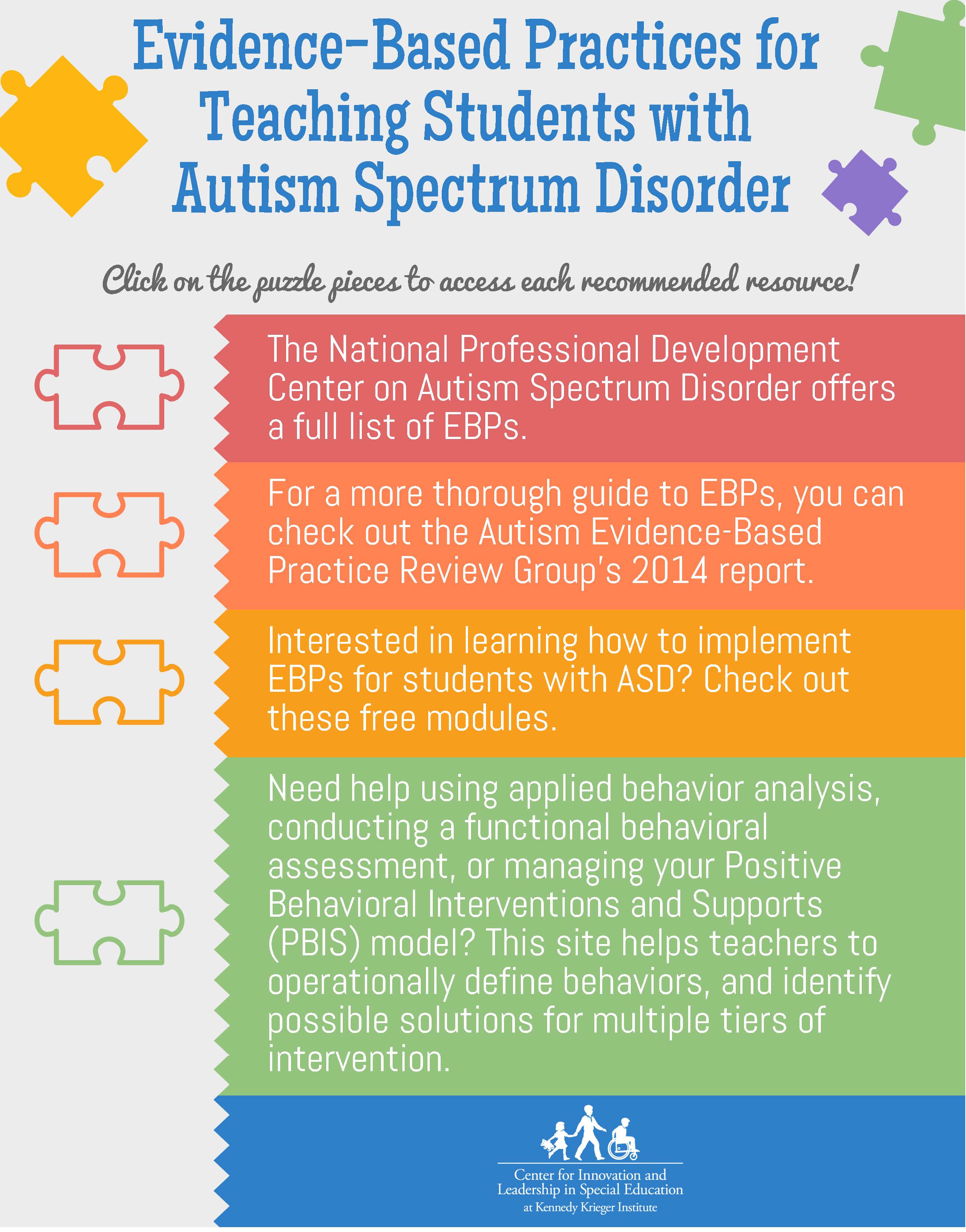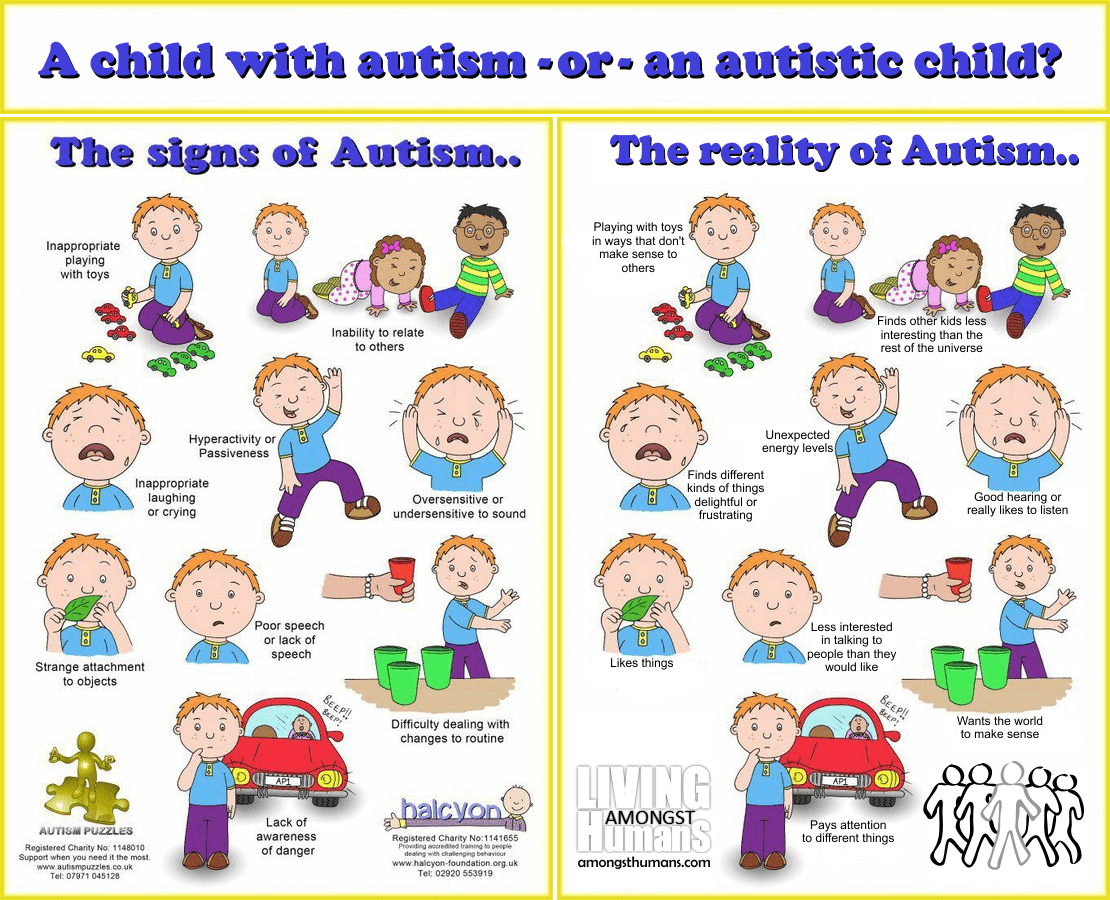Autism Creates And Signs And Symptoms

- Factor price quotes for every diagnosis are Humans resources from a version adjusted for mother's age at giving birth, youngster's sex and year of birth, mother's income and education and learning, and mother's medical care application in the year preceding giving birth.Accessibility to the data was accepted by the Danish Scientific Ethical Committee system, as well as all relevant register authorities, including the Danish Information Protection Firm, Statistics Denmark and the Danish Health Data Authority.In addition, the use of adverse controls (for instance, paternal direct exposures while pregnant) can determine unmeasured domestic confounding connected to maternal direct exposures and other sorts of biases14.Many autism threat genes affect other networks of genes, boosting or reducing their expression.The gut-brain axis, which links the gastrointestinal system and the mind, plays an important function in regulating state of mind, actions, and food digestion.Youngsters with families who have a history of the problem are at a greater risk of developing it.
Philanthropic Treatment & Economic Help
In situations where IBS is identified, medications made to regulate the gut's motility or address inflammation might be recommended. It's important to function carefully with a healthcare provider to monitor and take care of any kind of medical therapies properly. Dealing with digestive tract issues in autism needs a diverse strategy that includes dietary modifications, medical interventions, and behavior methods. Each individual is unique, and discovering the best combination of interventions can help minimize discomfort and boost overall health. Current study has actually highlighted the link between the intestine microbiome and brain function, suggesting that inequalities in digestive tract germs might add to intestinal problems and habits issues in individuals with autism.

What Causes Autism?
Autism is categorized as a developmental impairment, yet exactly how influenced a person is differs significantly from one person to another. Some individuals might just have mild differences in communication or social abilities, while others might be extra badly impacted. Those in the last group might never acquire the verbal or https://www.omnivantae.info/autism-australia-website life abilities necessary for independence, requiring continuous care for the period of their lives. While genetic factors play a significant function in ASD, ecological impacts are progressively acknowledged as important factors to the advancement of the condition.
This means autistic individuals could have one or more genetics variants that play a role in their mind distinctions. It's most likely a combination of genetics and certain things associated with maternity, labor and shipment (what you may see described as "ecological aspects" or "prenatal events"). These elements all interact to bring about the brain differences we see in autism.
It is impossible to forecast that will certainly or won't obtain ASD in a family that has a background of the problem. A meta-analysis of research studies into exactly how genetics aspect into the development of ASD in doubles found the general heritability of ASD to be in between 64% to 91%. Kids with family members that have a history of the condition are at a higher danger of developing it. Also if both moms and dads of a kid do not have ASD, they could be carriers of genetics changes that cause autism and can be handed down to the kid.
Several variables have been recognized that might make a kid more probable to have ASD, consisting of ecological, biologic, and genetic variables. Kids with autism interact, behave, communicate, and learn in a different way from their peers without autism. With proper assistance, children with autism can maximize their toughness and take care of tough signs and symptoms to live a full life. And often this implies unequal accessibility to medical diagnosis, therapy, and support. As we have actually explored throughout this thorough guide, the reasons for Autism Spectrum Conditions are multifaceted and complex. Our current understanding indicate a detailed interplay of genetic proneness, environmental influences, neurological differences, and prospective immunological and metabolic factors. While these immunological and metabolic variables offer interesting opportunities for research study, it is essential to keep in mind that their exact functions in ASD advancement are still being clarified. More research study is required to totally recognize just how these variables engage with genetic and ecological impacts in the context of ASD. Recognizing the reasons for ASD is essential for a number of factors.